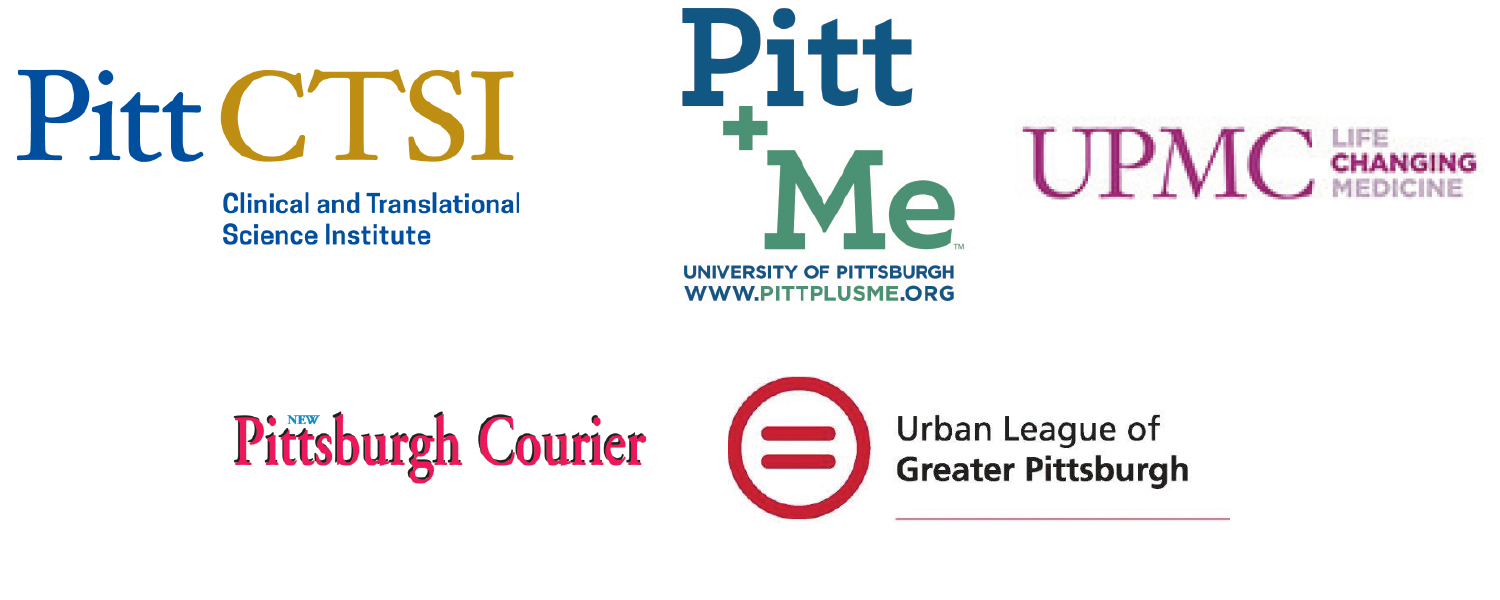DR. DARA MÉNDEZ DR. MARIAN JARLENSKI
The term “reproductive health” holds great meaning. It includes the ability to have safe, healthy relationships. It involves being able to afford and use health services that educate and provide inexpensive contraception. It covers access to prenatal and postnatal care, as well as services for unplanned pregnancies.
Good reproductive health is about well-being and autonomy. It’s about making your own decisions about family type and size. It’s about having support for those decisions, not only from your family and community, but also from your healthcare system — including the decision not to have children.
As with other healthcare areas, reproductive health is unequal for Black birthing people compared to their White counterparts.
For example, the latest national care rates for pregnant women show that Black mothers were twice as likely to receive late or no prenatal care compared with white mothers. National fetal death rates were also 2.3 times higher for Blacks vs. Whites. (Health & Human Services)
In Pittsburgh, infant death rates before the age of one year are especially grim. They’re more than four-and-half times more likely among Black versus White women. (Pittsburgh Equity Indicators)
Black maternal death rates in Pittsburgh are also higher than 97% of similar cities. That’s especially alarming when you consider two things. First, prenatal care in Pittsburgh begins earlier than it does for Black women in similar cities. Second, Black women here have lower rates of gestational diabetes, high blood pressure, and infection.
 DR. MARIAN JARLENSKI
DR. MARIAN JARLENSKI

DR. DARA MÉNDEZ
At the University of Pittsburgh, Dr. Marian Jarlenski, Associate Professor, Health Policy and Management, is working to change these and other reproductive health inequities.
Dr. Jarlenski and her associate Dr. Dara Méndez, Associate Professor, Epidemiology, recently received a grant to see how three equity-based policies in Pennsylvania’s Medicaid program could promote racial equity and justice for Black pregnant persons and young children.
The duo’s work focuses on tackling social determinants of health upstream at the policy level, which will help to dismantle structural racism and improve health inequities quicker and more completely.
The idea is to reshape policy with structures and processes that help to cancel out the unfair conditions in which underserved people are born, live, work, and play. This involves partnering with community organizations so that healthcare outcomes are the same for all populations.
When systemic racism is confronted and corrected within programs like Medicaid, CHIP, TRICARE, and the ACA (Obamacare), the change is meaningful and advances healthcare equity more rapidly.
“By building equity into healthcare policy, underserved people will have better coverage and care that’s easier to access regardless of where they live,” Dr. Jarlenski explains.
That type of equitable care looks like this: Health clinics are staffed with providers who recognize and address structural racism and its impact on a person’s reproductive health.
There’s ready access to pharmacies for contraceptives, as well as abortion services and support.
In an equitable healthcare system, there are Black doctors, nurses, medical researchers, and support staff in numbers that echo population percentages. Black people are also included in — and the focus of — more health research and information gathering processes.
Black birthing people receive more information and support that encourage them to take good care of their reproductive health before, during and after pregnancy.
“It doesn’t sound scientific, but there is a lot of ‘energy’ behind this focus on policy structure,” Dr. Jarlenski states. “Changing policies ‘upstream’ to address injustice is happening for many reasons.”
Some of those reasons are due to the startling inequities highlighted during the pandemic, as well as our country’s high infant mortality rate and the Dobbs decision, with states banning abortions after the Roe overturn — even though voters disagree.
“The past 3-5 years have been a flashing red light about the inequities of our public health system,” says Dr. Jarlenski. “However, those negatives are leading to positives.
Dr. Jarlenski is referring to the resilience and leadership in Black communities that’s helping to dismantle inequitable systems and create policies that reward inclusivity.
“In Pittsburgh, we’re seeing equitable politics and policy advocacy in organizations like New Voices for Reproductive Justice which fights for the health of Black women, girls and gender-expansive people, including abortion access, maternal and child health, and more.
“We’re seeing it on the Pitt campus with a student-led Planned Parenthood Generation Action group that’s raising awareness and engagement about reproductive rights.
“There’s also Healthy Start Pittsburgh which advocates for women, children, fathers, families, and communities to have good, inexpensive maternal and child health care and quality of life.
“Those are just three examples,” Dr. Jarlenski continues. “There are many more organizations in our city that are leading the way for reproductive health justice.”
Dr. Jarlenski’s most recent research project is part of that advocacy. The three programs she and Dr. Méndez are studying include paying Medicaid health plans that have excellent outcomes for Black pregnant persons and young children, rewarding providers who reduce racial inequities, and creating local health councils whose members design equitable community interventions.
“It’s a human right to control your own body, sexuality, and gender, including having access over when — and if — you’ll become pregnant, give birth, and form a family,” says Dr. Jarlenski. “We’re hopeful our research at Pitt will be part of a renewed effort to extend that human right to everyone equally.”
